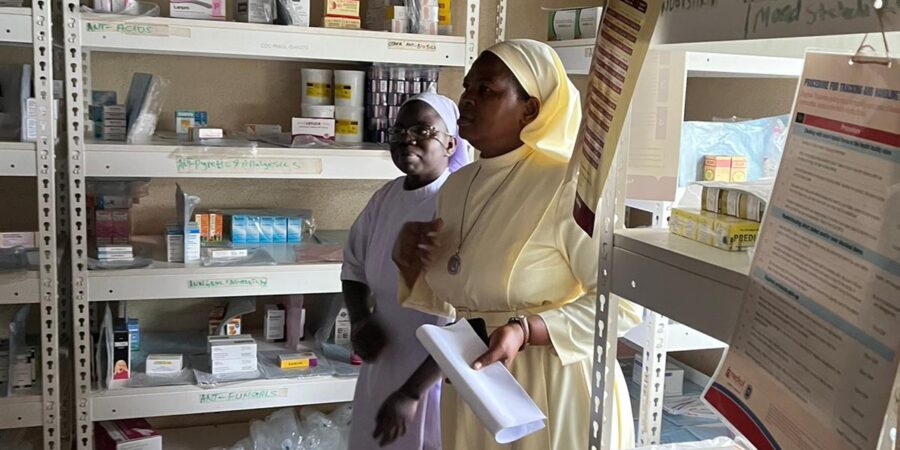In recent years, there has been a growing recognition of the importance of investing in healthcare programs aimed at prevention rather than solely focusing on treatment. In Africa, a continent with diverse healthcare challenges and limited resources, this shift towards proactive healthcare strategies is not just essential; it’s transformative. By investing in prevention through health programs, you can see the positive impact on the lives of people in Africa. The success stories from across our Health Program show that when prevention is the focus, transformation is possible, and the potential for a healthier, more prosperous Africa becomes a reality.
The Current Health Landscape in Africa
Africa is a continent of contrasts. It boasts breathtaking landscapes, rich cultural diversity, and a youthful population. However, when it comes to healthcare, it faces significant challenges. Many African countries grapple with issues such as inadequate healthcare infrastructure, limited access to quality healthcare, high disease burdens, and insufficient public health education. These challenges often result in delayed diagnosis and treatment, leading to preventable suffering and loss of life.
Why Prevention Matters
Investing in prevention can lead to substantial improvements in public health. Prevention-focused health programs address a wide range of issues, from vaccinations and maternal health to nutrition, hygiene, and education. Here are four reasons why prevention matters in Africa:
1. Reduced Disease Burden: By addressing the root causes of diseases, prevention measures can significantly reduce the overall disease burden on healthcare systems. Preventing diseases is not only cost-effective but also more humane.
2. Improved Access to Care: Prevention strategies can help reduce the need for expensive treatments and surgeries, making healthcare more accessible to those who need it the most. This can result in better health equity.
3. Economic Growth: A healthy population is crucial for economic development. When people are healthy, they can work, earn income, and contribute to their communities and countries’ prosperity.
4. Long-term Sustainability: Investing in prevention is a long-term strategy that pays dividends over time. It leads to healthier, more productive populations and reduces the financial strain on healthcare systems.
The Way Forward
To continue reaping the benefits of prevention-focused health programs, several actions are necessary. First, governments must prioritize healthcare investments, allocate resources to prevention programs, and establish policies that support preventive healthcare. Next, international organizations and donor countries should continue to support African nations in their efforts to enhance healthcare systems and expand prevention initiatives. Additionally, community involvement is essential for the success of prevention programs. Local communities can play a pivotal role in raising awareness and implementing preventive measures. Finally, robust health education campaigns are crucial to changing behaviors and attitudes toward health. These campaigns should focus on disease prevention, maternal and child health, and proper nutrition. By taking a proactive approach to healthcare, the overall quality of life for the people in Africa can be enhanced.

